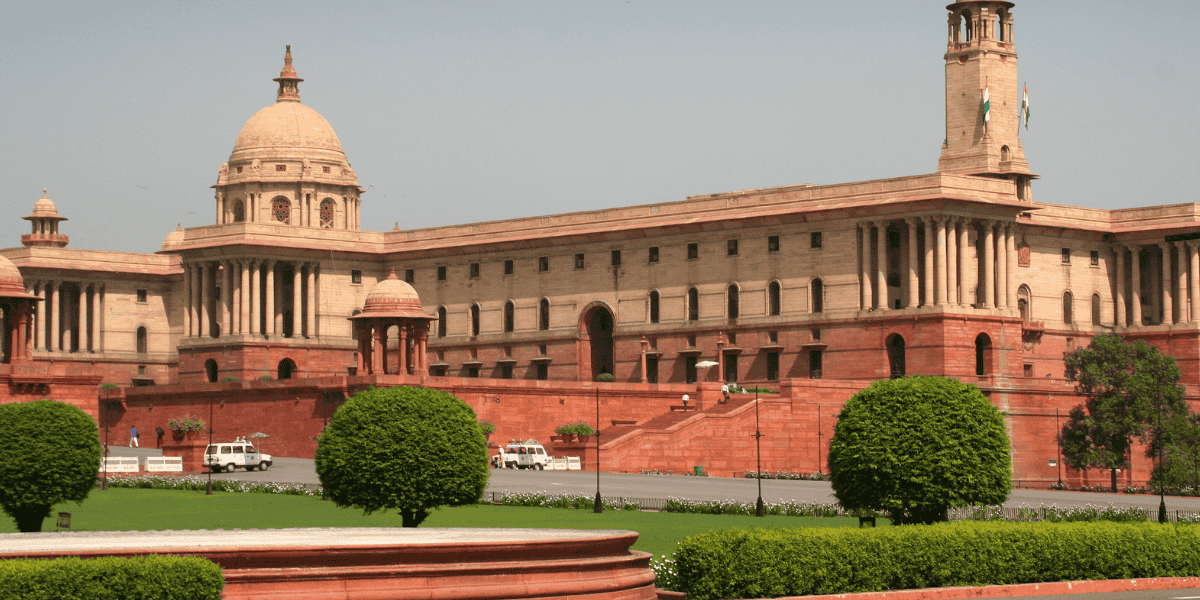The GST Council approved the draft Central Goods and Services Tax (CGST) Bill and Integrated Goods and Services Tax (IGST) Bill on 4 March 2017. Some of the significant points of the CGST and IGST Bills are summarised below:
- A State-wise single registration for a taxpayer for filing returns, paying taxes, and to fulfil other compliance requirements. Most of the compliance requirements would be fulfilled online, thus leaving very little room for physical interface between the taxpayer and the tax official.
- A taxpayer has to file one single return state-wise to report all his supplies, whether made within or outside the State or exported out of the country and pay the applicable taxes on them. Such taxes can be Central Goods and Services Tax (CGST), State Goods and Services Tax (SGST), Union Territory Goods and Services Tax (UTGST) and Integrated Goods and Services Tax (IGST).
- A composition scheme is available for all traders, selected manufacturing sectors and restaurants in the services sector with a turnover up to INR 5 million.
- A qualified business entity may opt for this scheme where it can pay a lower rate of tax and fulfil very minimal compliance requirements.
- In order to prevent cascading of taxes, ITC (Input tax credit) would be admissible on all goods and services used in the course or furtherance of business, except on a few items listed in the Law.
- ITC can be used for the payment of taxes under federal and state law. Any ITC entitlement arising out of taxes paid under the IGST and CGST can be cross-utilized for paying taxes under the laws of the states or union territories. Similarly, the credit of CGST/SGST/UTGST can be utilised for the payment of IGST. However, such payments must be made in a pre-defined order. In the Services sector, the existing mechanism of Input Service Distributor (ISD) under the Service Tax law has been retained to allow the flow of ITC in respect of input services within a legal entity.
- To prevent lock-in of the capital of exporters, a provision has been made to refund, within seven days of filing the application for the refund by an exporter, ninety percent of the claimed amount on a provisional basis.
- In order to ensure a single administrative interface for taxpayers, a provision has been made to authorise officers of the tax administrations of the Centre and the States to exercise the powers conferred under all Acts.
- An agriculturist, to the extent of supply of produce out of cultivation of land, would not be liable to take registration in the GST regime.
- To provide certainty in tax matters, a provision has been made for an Advance Ruling Authority.
- Exhaustive provisions for Appellate mechanism have been made.
- Detailed transitional provisions have been provided to ensure migration of existing taxpayers and seamless transfer of unutilised ITC in the GST regime.
- An anti-profiteering provision has been incorporated to ensure that the reduction of tax incidence is passed on to the consumers.
- In order to mitigate any financial hardship being suffered by a taxpayer, Commissioner has been empowered to allow payment of taxes in instalments.














